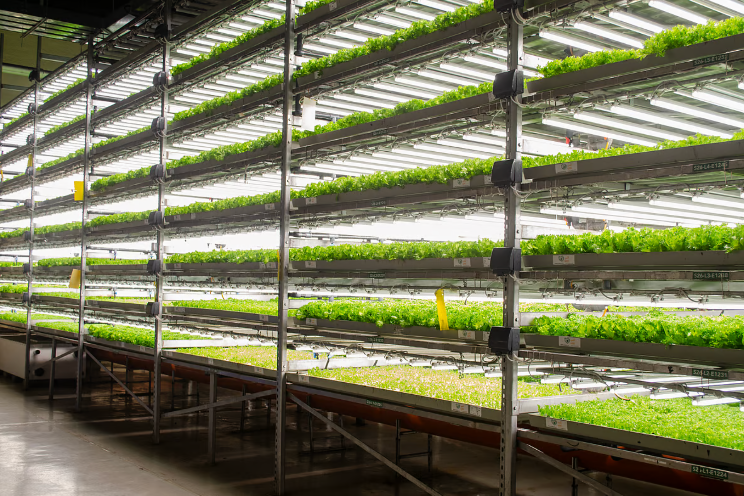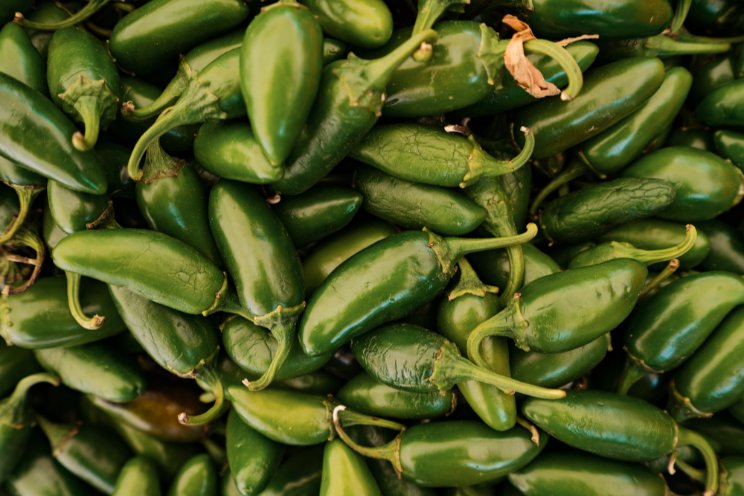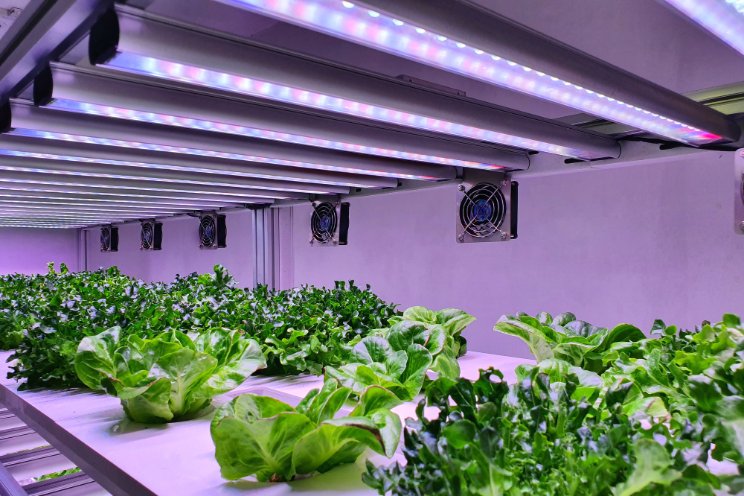The future of food? Pioneers hail advances in VF
Added on 14 March 2023

Recent shortages of some fruit and vegetables have been attributed to crop failures in Europe and Africa brought about by extreme weather driven by climate change as well as the impact of Brexit, labour shortages, the ongoing war in Ukraine driving inflation and a sharp increase in energy prices that has left greenhouse growers struggling to turn a profit.
As the UK imports around 46% of the food it consumes and heavily relies on both imports and its agricultural sector to feed an ever-growing population, experts in Scotland believe vertical farming is a vital solution to concerns around global food security.
The method has been pioneered by the Edinburgh-based company Intelligent Growth Solutions (IGS) and scientists at the James Hutton Institute.
“If you balance imports and exports, the UK’s deficit in the trade of fruit and vegetables could be reduced annually by at least £1 billion by growing things internally with vertical farming,” said Derek Stewart who directs the Advanced Plant Growth Centre, a £27 million flagship project at the James Hutton Institute.
“The argument used to be that vertical farming could only grow salad or green crops but we’re starting to look at different protein crops like quinoa, beans and buckwheat. The market for plant-based proteins is enormous. To deliver a high-value, high-quality product at the required scale you need something like vertical farming.”
Photo: Derek Stewart of the James Hutton Institute. Courtesy of IGS
More news















